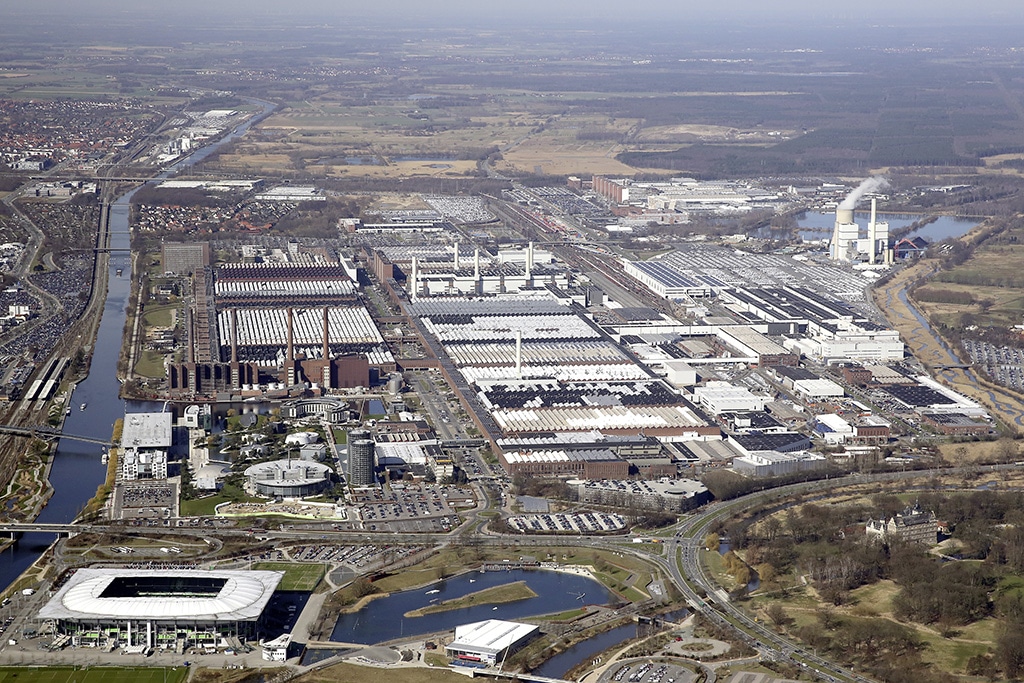VW has provided the first design preview of Project Trinity. It’s not much of a “sneak peek” at the moment, just the silhouette photo above. Although, if all goes according to plan, Project Trinity may well set the tone for the automaker’s product lines and business models going forward. In terms of Project Trinity as a standalone entity, it will be an electric sedan with autonomous capabilities as high as Level 4. A newly developed electrical platform with state-of-the-art software is at the heart of Project Trinity, due to be manufactured in Wolfsburg from 2026 onward.
“Trinity is a sort of crystallization point for our ACCELERATE strategy, a lighthouse project, our software dream car,” explained Ralf Brandstätter, CEO of the Volkswagen brand. “The newly developed vehicle architecture will set standards in terms of range, charging speed, and digitalization.”
Level 4 Capability
In terms of autonomous capability, Project Trinity will reach Level 2+ and be technically ready for Level 4 at the start of series production in 2026. “We are using our economies of scale to make autonomous driving available to many people and to build a learning neural network,” Brandstätter continued. “In this way, we are creating the conditions for the continuous exchange of data from our vehicle fleet – for example, on the traffic situation, on obstacles, or on accidents.”
State-of-the-Art Manufacturing
With Project Trinity production, VW intends for the Wolfsburg plant to become a beacon of advanced manufacturing. And this is where Project Trinity, even though a brief preview right now, begins to show itself as more than just another future concept vehicle. In so many words, Project Trinity may represent a fundamental change in how VW designs its cars.
For example, Project Trinity and other future VW vehicles will consist of fewer variants and include standardized hardware. In addition to reducing manufacturing complexity, VW explains this will allow customers the freedom to activate desired functions on-demand via the car’s digital ecosystem. “We will completely rethink the way we build cars and introduce revolutionary approaches,” Brandstätter said. “Digitalization, automation, and lightweight construction play an important role here.”

VW’s Future Goals
As of this writing, VW has not shared an exact release date for Project Trinity, just that the electric sedan is due to enter production in 2026. However, VW did say they are developing its automobiles into software-based products to support new, data-based business models. By doing this, VW hopes to lower the barriers associated with individual mobility while also making vehicle features more attractive to buyers.
“In the future, the individual configuration of the vehicle will no longer be determined by the hardware at the time of purchase,” Brandstätter said. “Instead, customers will be able to add functions on demand at any time via the digital ecosystem in the car.”


